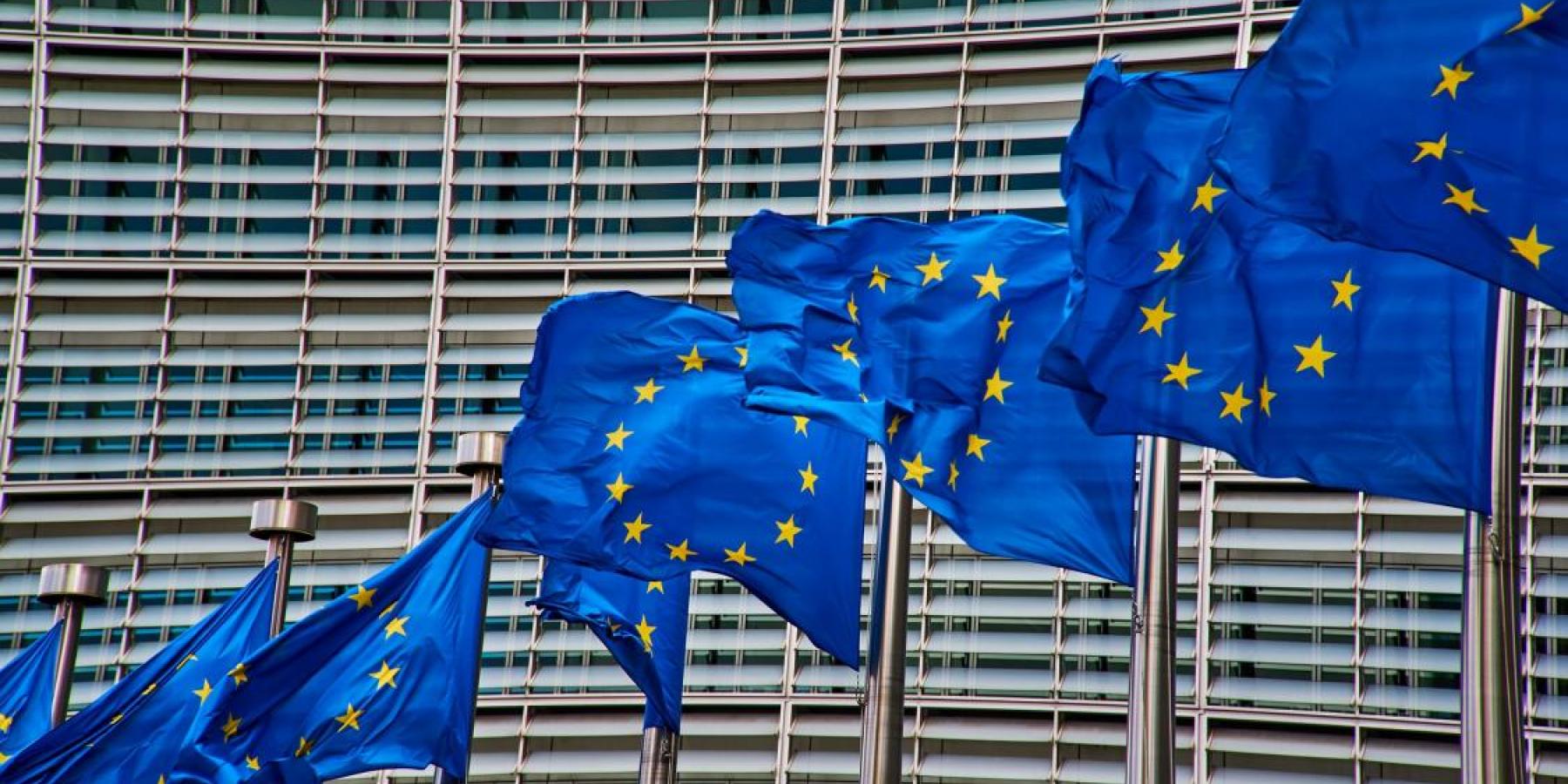Europe’s post COVID-19 recovery plan seeks to build back better for health, environment and development
02nd June 2020

02nd June 2020
The European Commission has proposed a Recovery Plan for Europe and a budget of €1.29 trillion for 2020-2027, with the aim of supporting the economic recovery from COVID-19, accelerate environmental and digital transitions and “make it fairer, more resilient and more sustainable for future generations”. The proposal – still to be debated by the European Parliament and European Council of national leaders – foresees unprecedented spending on health in Europe and development assistance in neighbouring countries and Africa.
The announcement came one day after 40 million health workers and civil society organisations including NCD Alliance wrote to G20 leaders calling for a #Healthy Recovery, and following a petition signed by more than 1.6 million Europeans asking EU leaders for a ‘healthy, just and green recovery’.
The proposal also appears to be well aligned with WHO’s recent ‘Manifesto for a Healthy Recovery’ which calls on governments to prioritise climate and environment protection, emergency preparedness, health systems, and social safety nets.
If approved, the recovery package, which is also being touted as an EU Green Deal, would see spending prioritized for climate-friendly infrastructure and technologies, including energy efficiency, cleaner transport and stricter health and environment conditions for agriculture funds.
The European Commission proposes an EU-wide tax on non-recycled plastic packaging and a ‘Do No Harm’ principle reportedly precluding support for fossil fuels. European environmental organisations have expressed cautious support, pointing out that air pollution – which appears to be linked to COVID-19 vulnerability - still needs further attention.
In addition, the package proposes €9.4bn for a dramatic scale-up of the EU health programme. Whilst the health programme remains a very small part of the overall funding package, it represents an approximately 20-fold increase on EU health spending in the last budget period. At a time when European health NGOs were nervous about the future of the health programme, this is a significant change of policy focus and indicates an unprecedented willingness from the EU to invest in health.
The health programme proposal has yet to be released in full detail, and largely focuses on closer coordination for emergency response and preparedness. The EU budget communication includes specific mention that the new programme will address NCDs, noting that “they have shown to be a strong determinant of mortality from COVID-19.” The Commission foresees support for national policy-making, via sharing technical guidance and promote evidence-based best practices in prevention and management of diseases.
It particularly mentions “initiatives could for instance target the eradication of specific diseases, like the reduction of cases of cervical cancer and seasonal influenza. They would help prevent avoidable harm and avoidable cost, and reduce health inequalities.” It also plans for closer international coordination, which will hopefully connect to the increased budget proposed for development assistance.
The European Commission proposes to increase foreign spending to €86bn. The increase comes as a relief to European-based development NGOs, who had also feared significant cuts, but has risen by €16bn compared an earlier proposal. Of the increase, €5 billion would be earmarked for humanitarian aid in the most vulnerable countries and €10.5 billion for development cooperation.
Assistance is particularly targeted to the European neighbourhood including the Western Balkans, and Africa, to support efforts to fight and recover from the impact of the pandemic, and foresees cooperation with the United Nations, the World Health Organisation and international financial institutions.
The European Commission’s proposals will now be considered by the European Parliament and Council. Budget negotiations are expected to be tense, particularly around the €750bn of new funds to be sought from financial markets. Decisions are expected over the coming months and the devil will be in the detail of the final programme for each policy area.
Whilst it is regrettable that it has taken a pandemic to reshape these priorities, the focus on a healthy, just and green recovery is a promising step-change from the world’s biggest trading bloc and collectively the biggest development donors, and a welcome pace-setter for other governments considering their path to recovery from the pandemic.